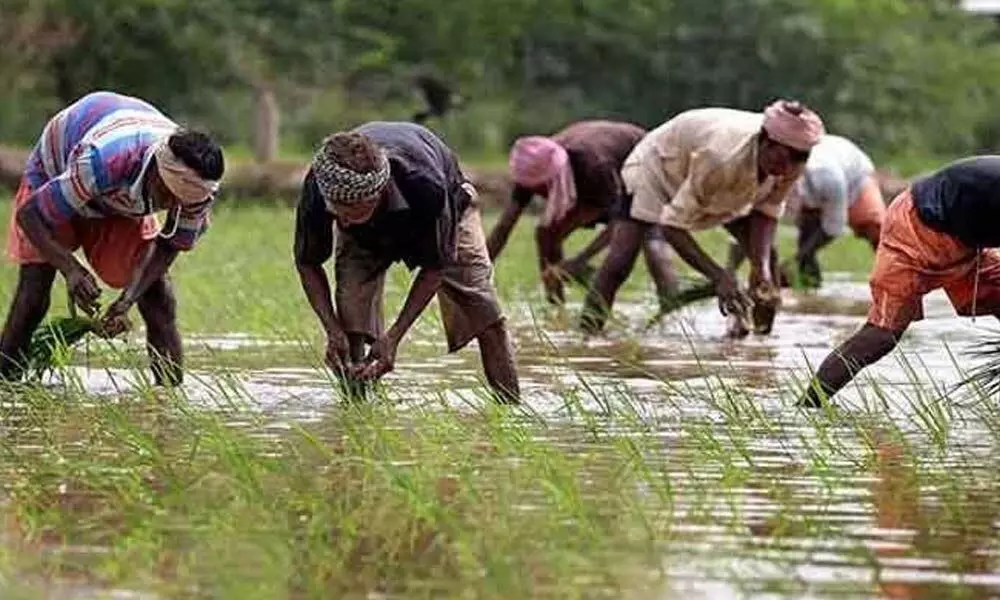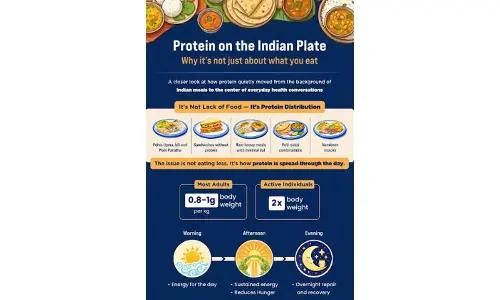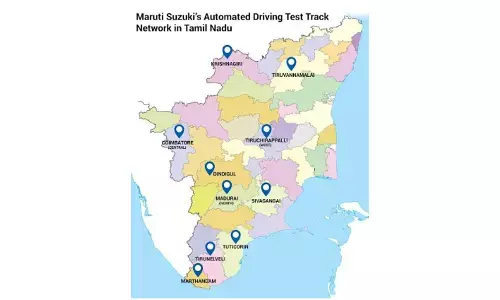Let's hope the Kisan Commission is impactful

Farmers at a loss over alternative crops
Nation for Farmers and other collaborating platforms and organisations have announced the process of formation of a ‘Kisan Commission’ to assess and report on the state of agriculture.
Nation for Farmers and other collaborating platforms and organisations have announced the process of formation of a 'Kisan Commission' to assess and report on the state of agriculture. The Kisan Commission will be holding a process of public inquiry in collaboration with the organizations of different types of farming across the length and breadth of the country. As the challenges facing the farmers of all the different states and sectors encompassed by agriculture and allied sectors providing incomes to various sections of the farming populations in India are diverse.
Why a Kisan Commission now? Because commissions set up by officialdom have been buried whenever their recommendations ran counter to government and corporate interests. The National Commission for Farmers, more popularly known as the 'Swaminathan Commission' chaired by eminent agro-scientist Dr M S Swaminathan, suffered this fate.
The Commission's important recommendations remain immensely popular with farmers everywhere in the country. Some of those – especially those relating to formulation of a Minimum Support Price for crops – remain to be addressed immediately to get the farmers to return to the states. It is 16 years since the Swaminathan Commission submitted the first of its five reports to the government.
Though there were repeated calls for a special discussion in Parliament, both the UPA and NDA refused to dedicate even minimal time for debating the report's recommendations in Parliament. For years now, the Nation for Farmers platform has been calling upon the government to organise a special session of Parliament to discuss the report and related issues in the context of the ongoing agrarian crisis that has claimed the lives of hundreds of thousands of farmers these past two decades.
The first report of the Swaminathan Commission was submitted in December 2004 and the last in October 2006. Not a day was spent by parliament in discussing arguably the most important report on agriculture in this country's independent history.
And now 16 years have passed, new and pressing issues combined with earlier existing ones that have sharpened seriously (such as climate change, indebtedness and more) – it calls for a new status report. We should also note the futility of other 'official' commissions. The Supreme Court of India ordered the formation of a committee to study the problems of the farmers and offer solutions. It was packed with self-declared supporters of the farm laws.
Now, with the government saying it will repeal those laws in parliament, members of the committee themselves acknowledge its irrelevance. Meanwhile, the media continue to assert that only pro-corporate measures can be called 'reforms.'
Kisan organisations have the challenge of consolidating the people-centric platform around the labour organisations, women organisations environmental groups, social movements and a variety of rights based platforms and networks of citizen groups involved with the struggles taking place around access to food and nutrition, holistic health, transformative education and safe environment, forest rights and revitalisation of rural industries and value added agricultural activities taking place at the local level.
We should welcome the National Kisan Commission's idea is to create a robust vision and strategy of agrarian transformation with the active participation of farmers' organisations as it aims to integrate the agenda of politics of food diversity, ecological sustainability, equity and social justice into the process of agricultural transitions without being influenced by corporate capital.
The National Kisan Commission has some of the most eminent farmers and agrarian intellectuals on it. The final composition of the Commission would need a little time to determine on this one. It will represent farmers from all across the country. It would also encourage State-level kisan commissions that could conduct studies, investigations, and hearings across the nation amongst the agrarian classes and groups. In fact,
The Nation for Farmers has begun the formation of this Kisan Commission. The Swaminathan report was the product of a group of eminent experts set up by the government that consulted widely amongst farmers and others. The Kisan Commission promised to set up within the consent and control of farmers themselves and consult experts and others – and create joint platforms for the purpose of follow-up that cannot be killed by government or courtroom manoeuvres.
Who better to tell us about the real problems of Indian agriculture? It will produce a comprehensive report on the state of and crisis within Indian agriculture and the distress within the larger agrarian society and consolidate the coalition of farmers, non-corporate actors involved in agro-food system and citizen groups in making to fight for ecologically and socially just transitions.
It will make recommendations on the real reforms needed in India – reforms that favour farmers and farm labour, that are in the interest of local communities, not of corporate interests. It has already sent out an appeal to the people to gear up for the right action that is required in the direction. Some of the eminent signatories of the proposal are P Sainath, Dinesh Abrol, Anil Chowdhury, Nikhil De, Navsharan Singh, Jagmohan Singh, N D Jayprakash, Thomas Franco, Gopal Krishna etc.
Where is the need for this, one might ask. Why was the Swaminathan Committee appointed in the first place? The National Commission on Farmers, chaired by Prof M S Swaminathan, submitted five reports through the period December 2004 - October 2006.
Following from the first four, the final report focused on causes of famer distresses and the rise in farmer suicides and recommends addressing them through a holistic national policy for farmers. The findings and recommendations encompass issues of access to resources and social security entitlements. It has made several policy recommendations under land reforms, irrigation, credit and insurance, food security, employment, productivity of agriculture and farmer competitiveness.
If the Centre is really keen on addressing the issues raised by farmers, it should look no further than the Swaminathan Committee report. If not, at least let the effort of the Nation for Farmers and others be taken to a logical end.











